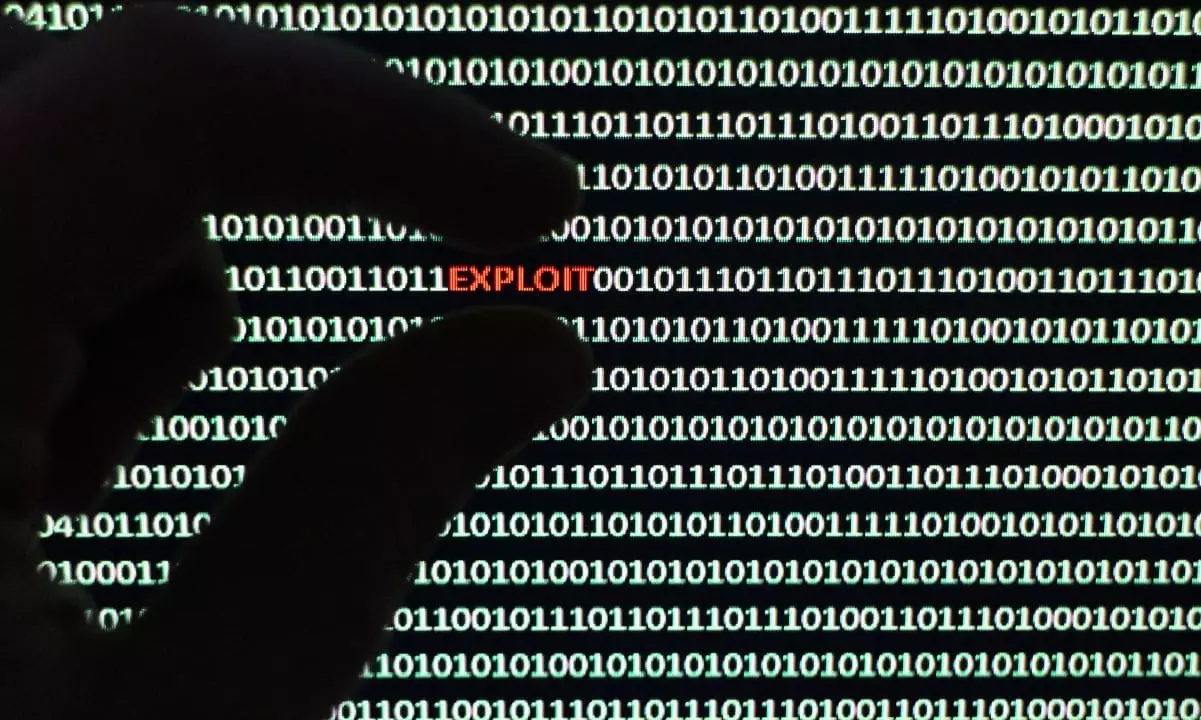In March 2024, blockchain security firm PeckShield released a report highlighting a troubling trend in the world of cryptocurrencies. The report revealed that there were over 30 incidents of hacks, resulting in approximately $187.29 million in losses. This surge in crypto hacks is particularly concerning as it can have a significant impact on investor confidence and the overall stability of the market.
Despite the setbacks caused by these hacks, there is some positive news to be found. During the same period, nearly $99 million was recovered, providing a glimmer of hope for the affected projects and investors. This recovery effort signals a 48% decrease from the previous month, showing that efforts to combat these hacks are starting to yield results.
One of the most devastating breaches highlighted in the report was the hack of Munchables, a Web3 gaming protocol on the Blast network. The exploit resulted in losses of $97 million, making it a significant blow to the project. Interestingly, the hacker responsible for the breach voluntarily returned the funds without any ransom demands, shedding light on the complex motives behind these attacks.
The report also pointed out other notable incidents, such as the smart contract exploit of Curio Network, which led to $40 million in losses. The vulnerability in the voting power privilege access control of the real-world asset (RWA) liquidity firm highlights the importance of robust security measures in the DeFi space. Furthermore, the hacks on platforms like Prisma Finance and NFPrompt serve as a stark reminder of the constant threat posed by malicious actors in the crypto ecosystem.
In the wake of these incidents, it is crucial for projects and investors to prioritize security measures and proactive risk management strategies. Collaboration between industry stakeholders, regulators, and cybersecurity experts is essential to strengthen the resilience of the crypto space and protect against future attacks. By learning from past mistakes and continuously improving security practices, the community can work towards a safer and more secure environment for all participants.
Overall, the rise in crypto hacks in March 2024 serves as a wake-up call for the industry to address vulnerabilities and enhance security measures. While the road ahead may be challenging, it is through collective efforts and a commitment to cybersecurity best practices that the crypto ecosystem can overcome these challenges and thrive in the long run.

